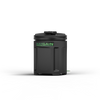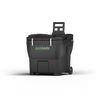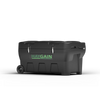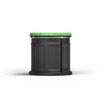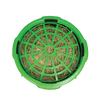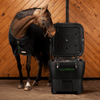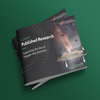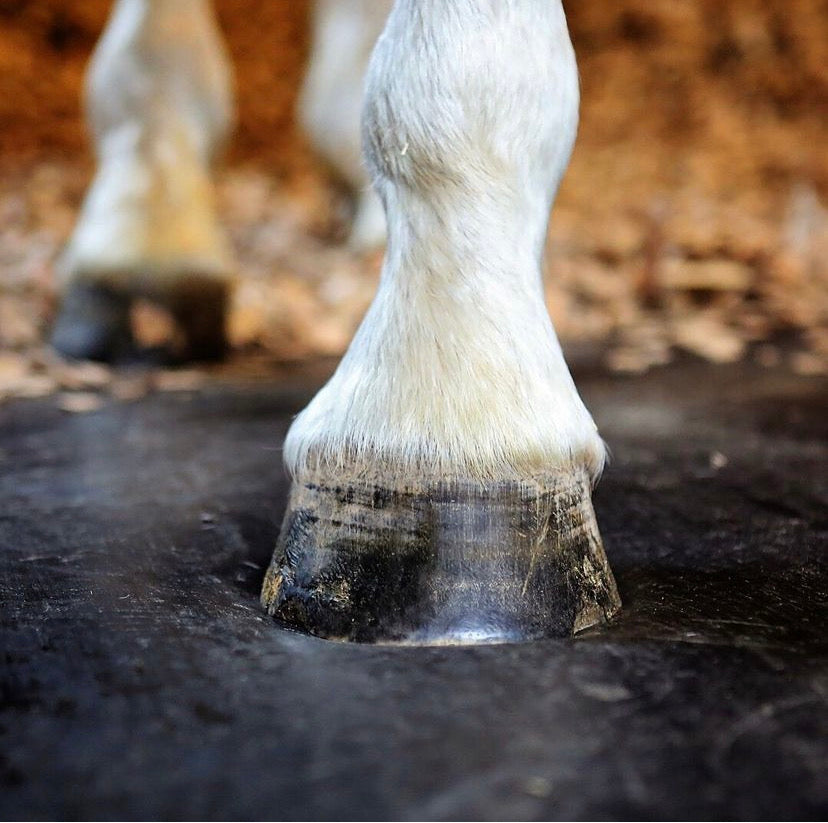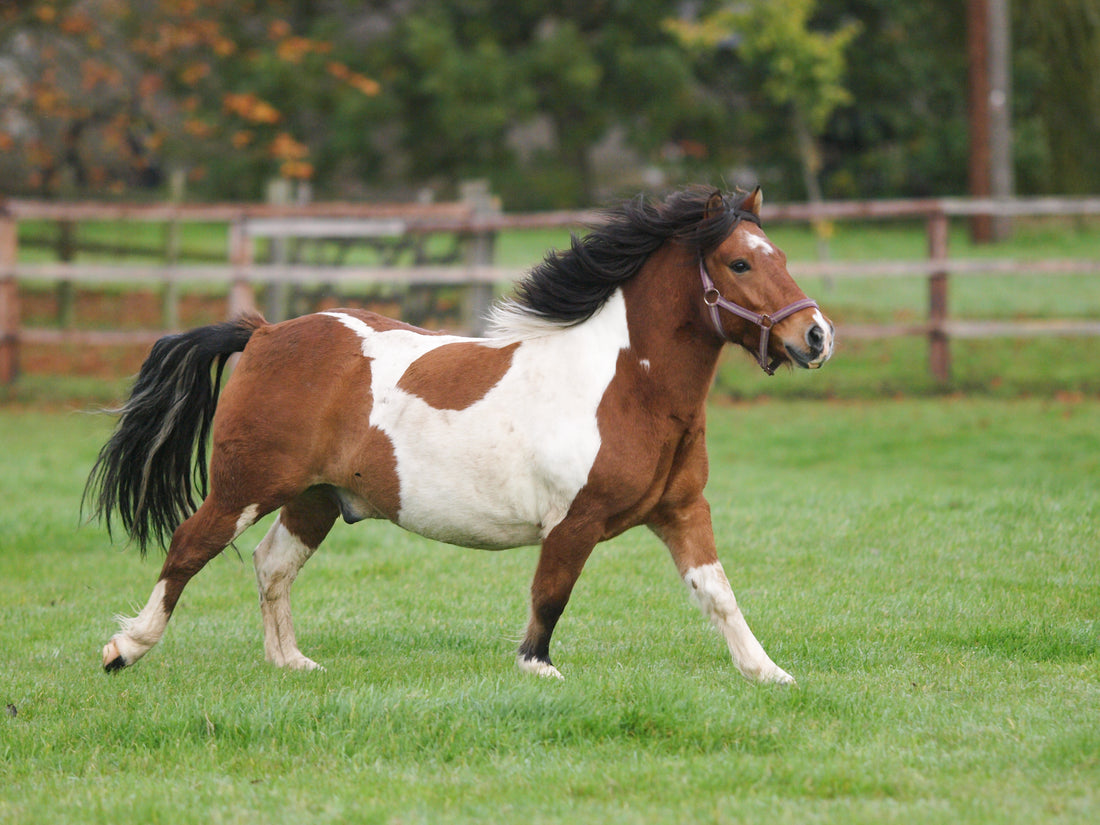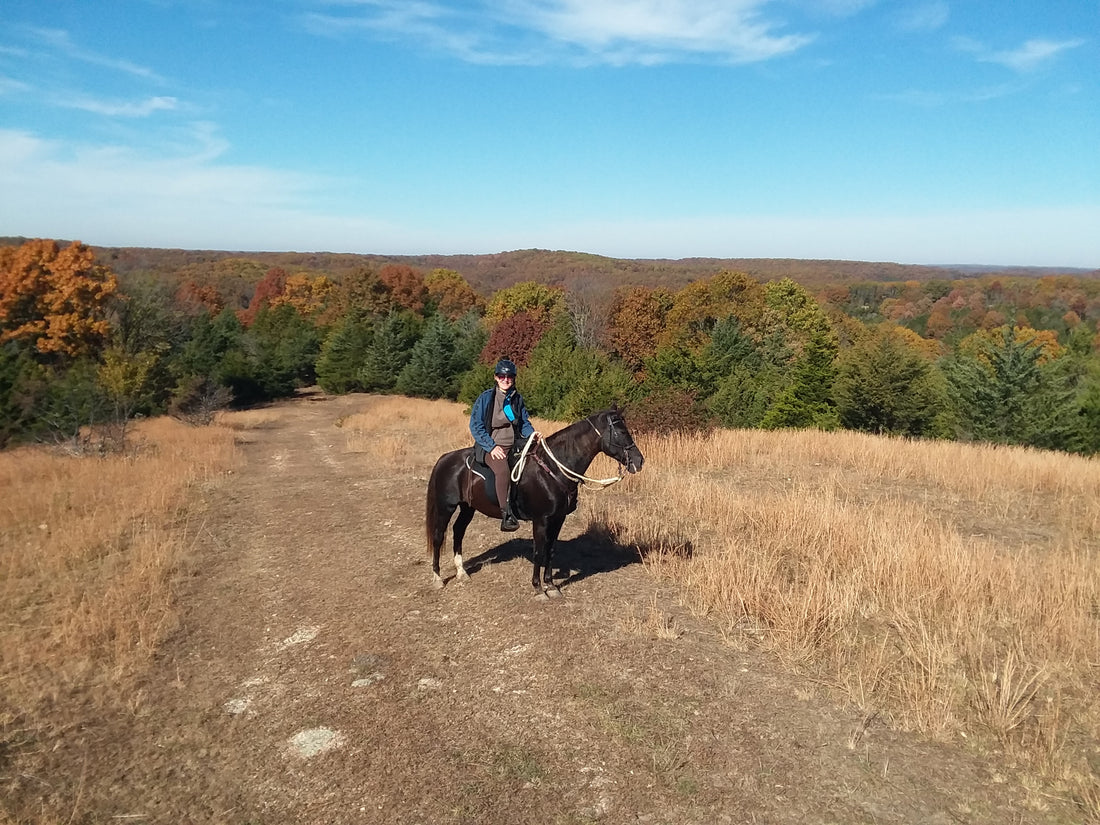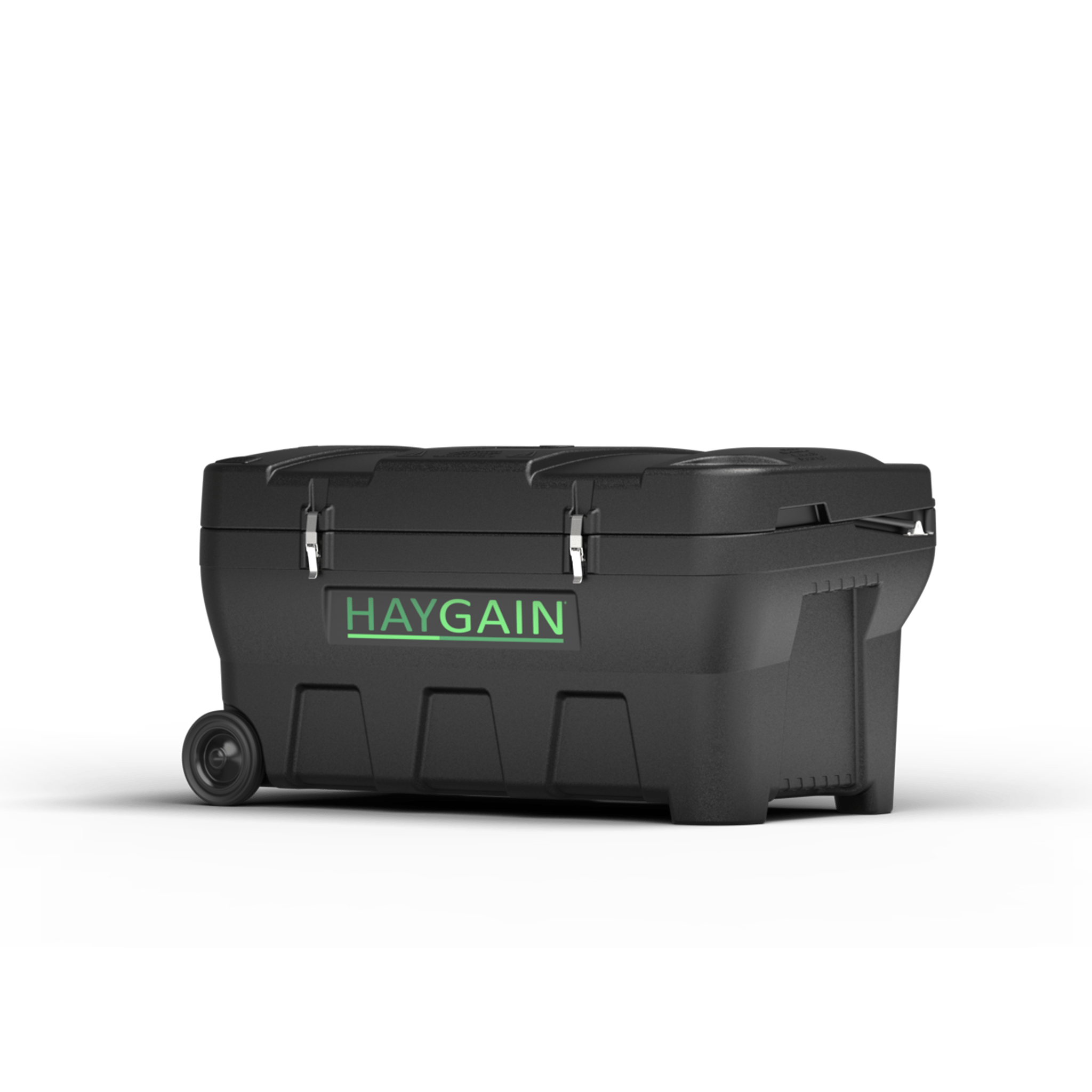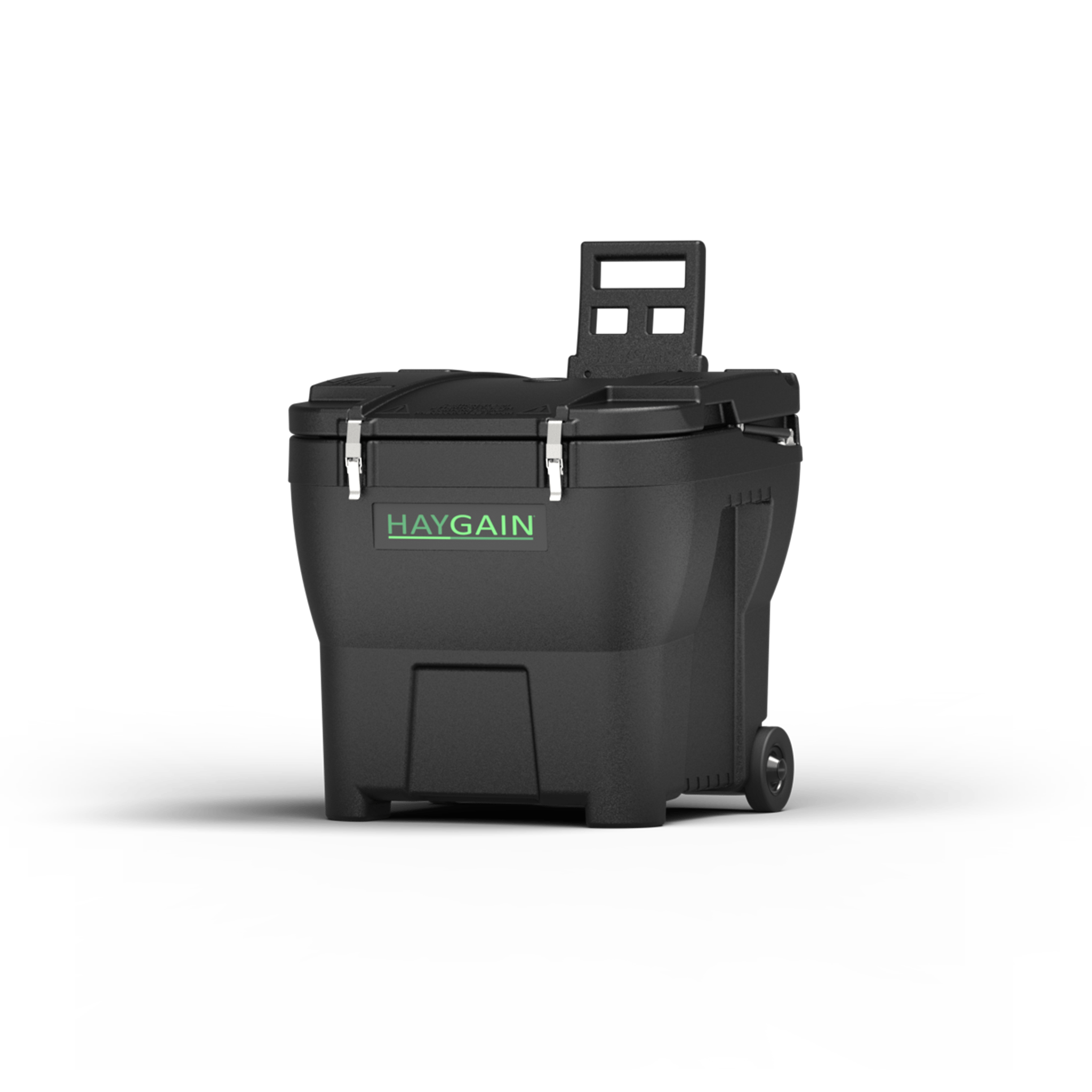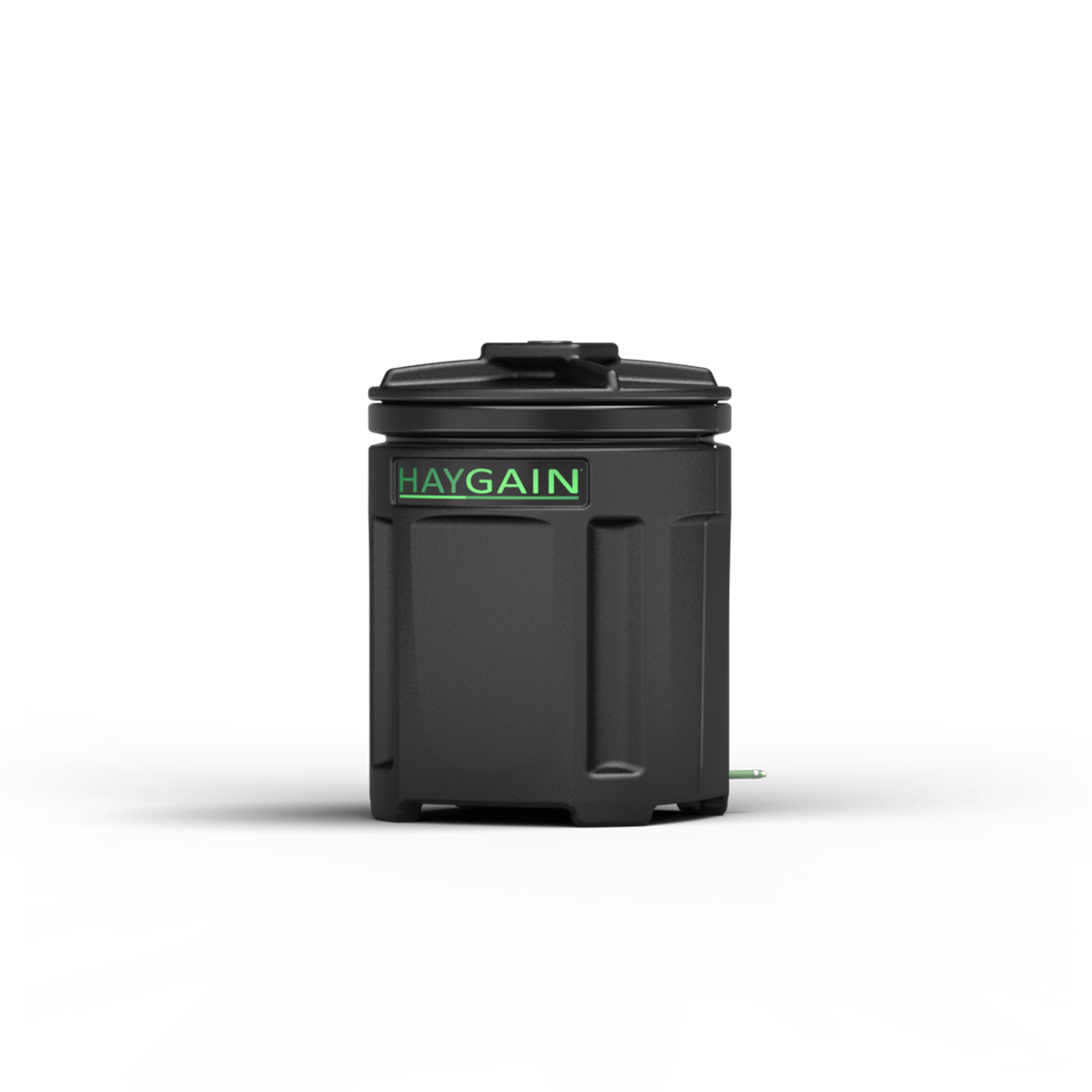Written by Dr. David Marlin 
Do you have a horse prone to respiratory problems? For many such horses things could be about to get worse. But it’s not anything new. This is something that happens every year! For those of you who think that Winter is a bad time for respiratory problems in horses with them being in more and exposed to dust and mould and bacteria in bedding, infections going around and eating more hay (a major source of respiratory irritants), then you may be in for a surprise as we are starting to get the first few Spring-like warmer days.
RESPIRATORY INFECTIONS
Let’s deal with respiratory infections first. Respiratory infections whether caused by viruses or bacteria and sometimes mycoplasma are more common in younger horses, especially less than 4 years of age. Winter can actually be a good time for horses and bad time for people. For people, the reason we get more viral infections (colds, flu), and to a lesser extent bacterial respiratory infections, in Winter is because we spend more time with other people in enclosed spaces i.e. we have more close contact with more people than in Summer. For horses, the risk is when they are leaving the yard and going to mix with other horses. So the risk for horses with respect to infectious disease may actually be less in Winter and greater in the competition season.
RESPIRATORY IRRITANTS
There is also respiratory disease caused by irritants. Here we think of things like cold air, which is why you should not work horses with long term respiratory disease such as equine asthma syndrome (RAO, also known as COPD, Heaves, and IAD) hard on very cold mornings. Horses are also sensitive to common environmental pollutants such as PM10 (from car exhausts), SO2 (sulphur dioxide), NO2 (nitrogen dioxide) and ozone. If you do have a horse that’s prone to respiratory disease or has been diagnosed with any form of equine asthma then it’s worth monitoring the pollution and air quality and either not exercising or at least avoiding exercise at canter and gallop on low air quality days. You can check real time air quality in your area here.ALLERGIC RESPIRATORY DISEASE
Allergic respiratory disease tends to occur in older horses and we don’t tend to see chronic respiratory diseases like equine asthma and SPAOPD (Summer Pasture Associated Obstructive Pulmonary Disease – essentially like RAO but horses are better inside as they develop allergy to primarily outdoor allergens such as pollen) developing until 6-7 years of age. With allergic respiratory disease this can be a risk all year round. More time in the stable in Winter and increased hay intake can increase exposure to molds, forage mites and bacterial endotoxin – all potent respiratory allergens and especially for horses with equine asthma which usually show less symptoms out than stabled – the opposite to SPAOPD affected horses. During Spring, Summer and Autumn even when out horses can be susceptible to exposure to pollen and molds. Again, older horses with equine asthma in particular can be worse at certain times of the year when turned out as they may be sensitive to both molds which grow on trees, crops and shrubs and pollens.COMMON SIGNS OF RESPIRATORY DISEASE IN HORSES
- Cough
- Nasal Discharge at rest and or after exercise (of any color and down one or both nostrils)
- Increased respiratory rate
- Increased respiratory effort
- Flaring of the nostrils
- Respiratory noise at rest or during exercise
- Poor recovery after exercise
- Generally lower performance than expected
DON’T IGNORE EVEN A SINGLE COUGH!
Of all of these it’s COUGH that most horse owners ignore. It’s commonly believed that it’s OK for a horse to cough a few times when warming up. It’s not. It indicates the horse has respiratory disease. When people have respiratory disease they cough regularly and continuously. When people are not coughing they are highly likely to be healthy. Horses are different…..Who would have guessed? If horses cough they almost certainly have respiratory disease (even if you only hear the odd cough). But horses do not cough regularly. Studies have shown that horses may cough once and then 3 hours later cough 6 times, then 12 hours later cough twice, etc. They do not cough regularly like people. So unless you fit a video camera or put a microphone in the stable or spend 24h with your horse you won’t know how much he coughs.If your horse is NOT COUGHING, that unfortunately does not necessarily mean he is healthy and DOES NOT have respiratory disease. The only way to be sure your horse does not have respiratory disease is to have them ‘scoped. How do we know this? There are a number of studies which have invited owners of “healthy” non-coughing horses to be ‘scoped.

Connie Herholz, a vet in Switzerland, invited owner of 60 show jumpers & 52 dressage horses who the owners considered to be perfectly healthy to come to her clinic for a free health check. She found respiratory disease in 53% of the horse ‘scoped.
Vet Dr Colin Roberts, an equine internal medicine specialist, and myself ‘scoped 8 British Three-Day Event horses 2 months prior to travel to the Olympics. All the riders were confident their horses were healthy. As a result of the endoscopy and laboratory tests (bacterial culture and cell analysis), 7 out of the 8 horses were treated for respiratory disease!
We also ‘scoped 14 International endurance horses which were all performing as expected and not reported to be coughing. Many of the owners were reluctant to have their horses ‘scoped initially because they lived out 24/7 and “won’t have respiratory disease”. As a result of the endoscopy and laboratory tests, 12 of the 14 horses were treated for respiratory disease!
SO...
Respiratory disease can be caused by infection or allergens or irritants.Infection is common in younger horses, allergy is common in older horses.
Allergic respiratory disease is very common in the riding/competing age group of horses.
If a horse coughs, even only occasionally or when warming-up, it should not be ignored and you should speak to your vet about ‘scoping.
I recommend having your horse ‘scoped around a month into bringing them back into work.
It’s always a good idea to get your horse ‘scoped at least 2 weeks before a major competition or 3-4 weeks if your horses is travelling more than 10h by road or flying.
SPRING!
Spring (February-March) is a time when it is very common for horses to start to show respiratory symptoms such as cough or nasal discharge. Although this is often associated with horses being ridden more and or worked harder (which increases the deposition of allergens and irritants in the lungs) this is not the main reason. The main reason is that whilst pollen and mold levels are very low over Winter (November to February), things start to pick up for both Pollen and molds in February/March and this is often triggered as you might expect by the odd warm early Spring day. February-March starts to see Hazel, Yew, Elm and Alder and to a lesser extent Willow, Poplar, Ash and Birch all producing pollen. Grass pollens don’t really come in until May-June-July.
The peak months for worst air quality with respect to Mould (total fungal spores) in the UK is June-September, with the peak in July. For Pollen, there are plants and trees producing pollen from February to October!
Many sites publish a pollen index e.g.
http://www.metoffice.gov.uk/health/public/pollen-forecast.
There is also a monitoring station in the east Midlands which publishes UK mould spore reports: http://www.maara.org/2013-08-19-06-21-06/pollen-spore-report
ADVICE TO DEAL WITH SPRING RESPIRATORY SYMPTOMS
What can you do to reduce the risk of your horse suffering from respiratory disease or if your horse starts to develop respiratory symptoms in the Spring as the pollen and moulds increase and air pollution worsens?If your horse is stabled overnight or most of the time, make sure you provide them with good air quality – steamed hay, sealed floor (e.g. Comfortstall) and minimal low dust bedding (e.g. large woodchip). Keep windows and ventilation grills open at all times – you can always add more rugs. If your horse lives out and is being fed hay, then its still worth steaming to reduce inhalation of dust, pollen, bacteria and moulds.
The horses’ airways and lung tissue contain high levels of the antioxidant Vitamins, Vitamin C (mainly in the fluid lining the airways) and Vitamin E (in the lung tissue itself). These reduce the effect of pollution which can generate free radicals and cause or worsen inflammation. Vitamin E and Vitamin C also help to control “damage” to the lung caused by its own defence mechanism which are activated by moulds, pollens, viruses and bacteria. Feeding a supplement high in Vitamin E and Vitamin C has been shown to be effective in reducing the severity of respiratory symptoms in horses whether they are affected by RAO or not. If your horse is at risk of developing respiratory symptoms in Spring based on previous experience, then starting to feed now and increasing the level if symptoms start to develop is recommended. With reference to Vitamin C, supplements that contain L-ascorbic acid are very poorly absorbed by horses so you should be looking for a supplement which includes Ascorbyl Monophosphate as the source of Vitamin C (Deaton, Marlin, Smith et al., 2003). Ascorbyl palmitate is also well absorbed by horses but is not particularly stable in supplements.
References
Deaton, C.M., Marlin, D.J., Smith, N.C., Roberts, C.A., Harris, P.A., Kelly, F.J. and Schroter, R.C. (2003) Pulmonary bioavailability of ascorbic acid in an ascorbate-synthesising species, the horse. Free Radic Res 37, 461-467.
Deaton, C.M., Marlin, D.J., Roberts, C.A., Smith, N., Harris, P.A., Kelly, F.J. and Schroter, R.C. (2002) Antioxidant supplementation and pulmonary function at rest and exercise. Equine Vet J Suppl, 58-65.
Deaton, C.M. and Marlin, D.J. (2004) A review of the effects of environmental pollution on the equine respiratory tract: considerations for the 2004 Athens Olympic Games. Equine and Comp. Ex. Phys. 1(3), 171-176.
Deaton, C.M., Marlin, D.J., Smith, N.C., Harris, P.A., Schroter, R.C. and Kelly, F.J. (2004) Antioxidant supplementation in horses affected by recurrent airway obstruction. J Nutr 134, 2065S-2067S.
Deaton, C.M., Marlin, D.J., Smith, N.C., Harris, P.A., Dagleish, M.P., Schroter, R.C. and Kelly, F.J. (2005) Effect of acute airway inflammation on the pulmonary antioxidant status. Exp Lung Res 31, 653-670.
Deaton C.M. and Marlin, D.J. (2005) Reactive oxygen species and antioxidants – a war of nutrition. Vet J 169: 7-9.
Deaton, C.M., D.J. Marlin, N.C. Smith, C.A. Roberts, P.A. Harris, R.C. Schroter and F.J. Kelly, (2005) Antioxidant and inflammatory responses of healthy horses and horses affected by recurrent airway obstruction to inhaled ozone. Equine Vet J, 37(3): p. 243-9.
Deaton, C.M., Marlin, D.J., Smith, N.C., Harris, P.A., Dagleish, M.P., Schroter, R.C. and Kelly, F.J. (2005) Effect of acute airway inflammation on the pulmonary antioxidant status. Exp Lung Res 31, 653-670.
Deaton, C.M., Marlin, D.J., Deaton, L., Smith, N.C., Harris, P.A., Schroter, R.C., Kelly, F.J. (2006) Comparison of the antioxidant status in tracheal and bronchoalveolar epithelial lining fluids in recurrent airway obstruction. Equine Vet J. 2006 Sep;38(5):417-22.
